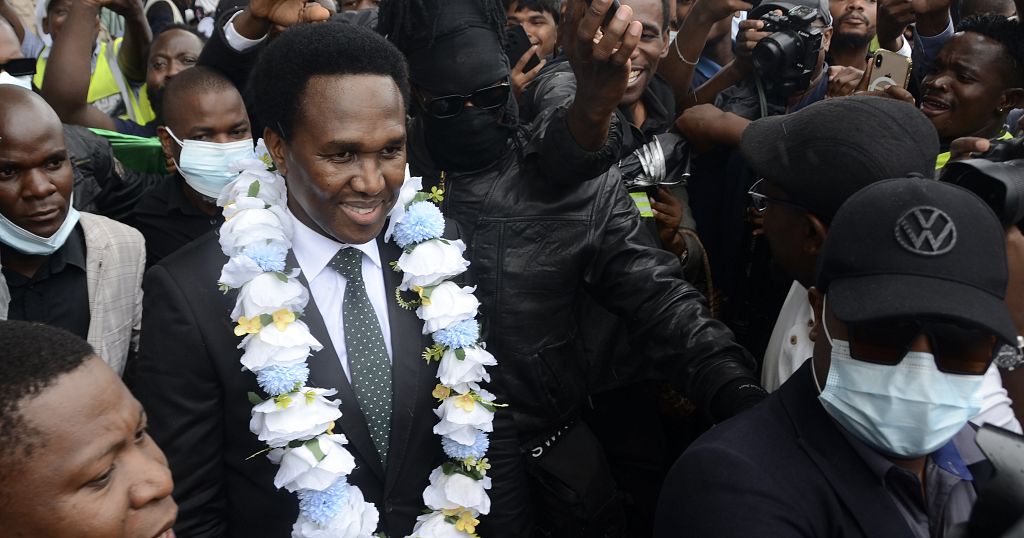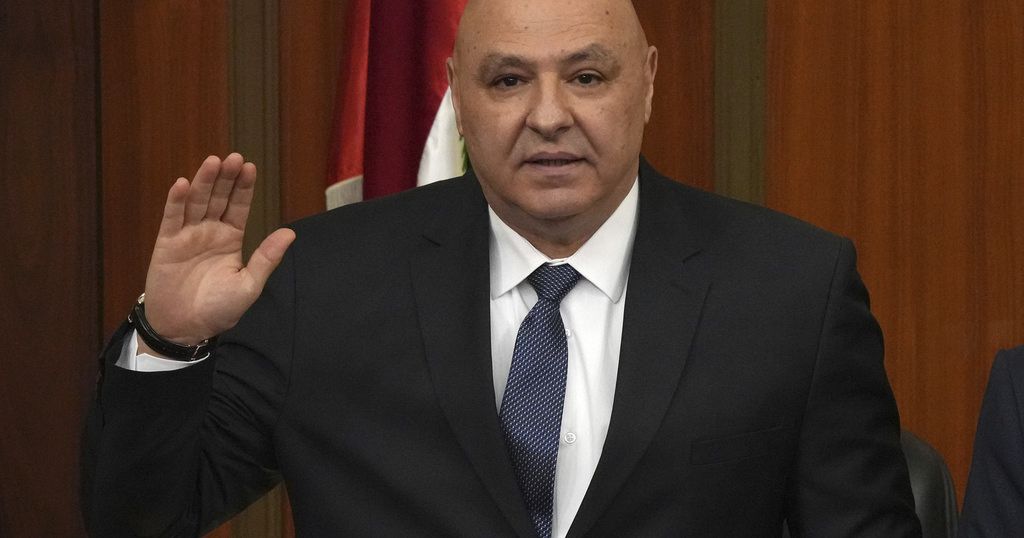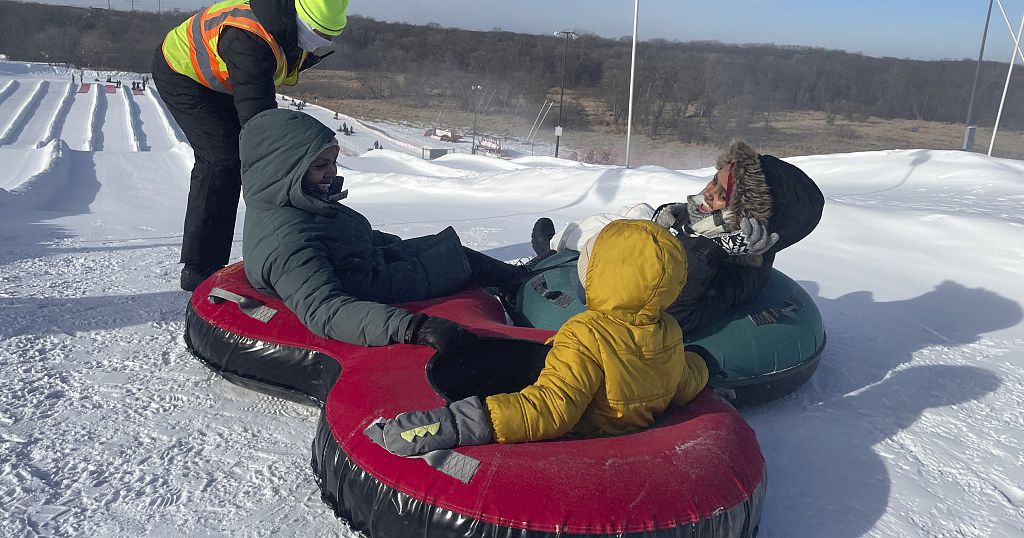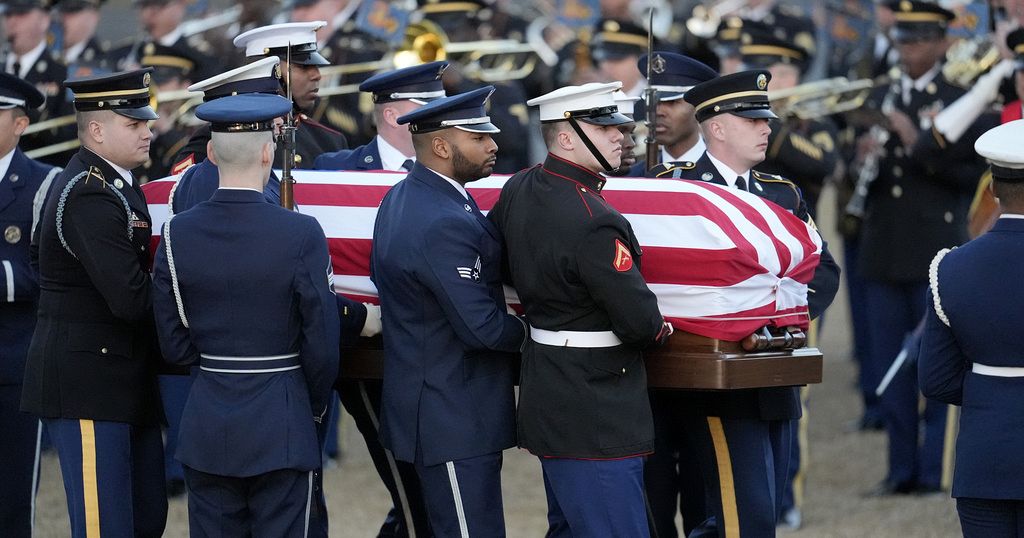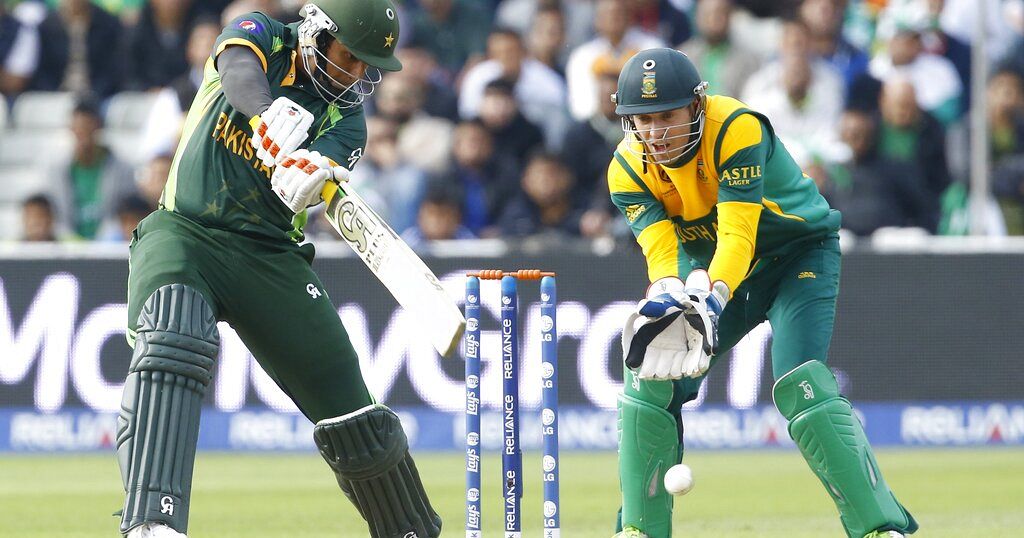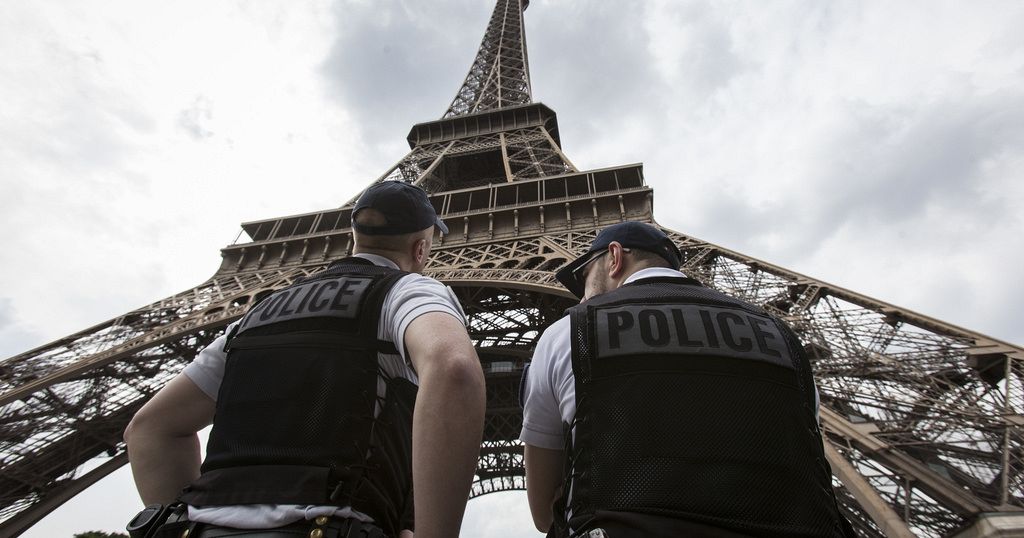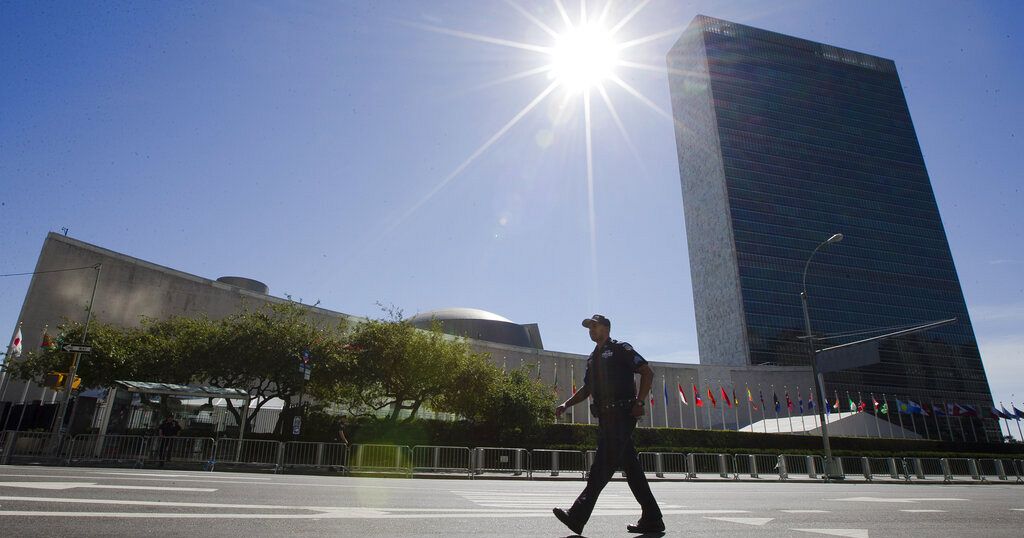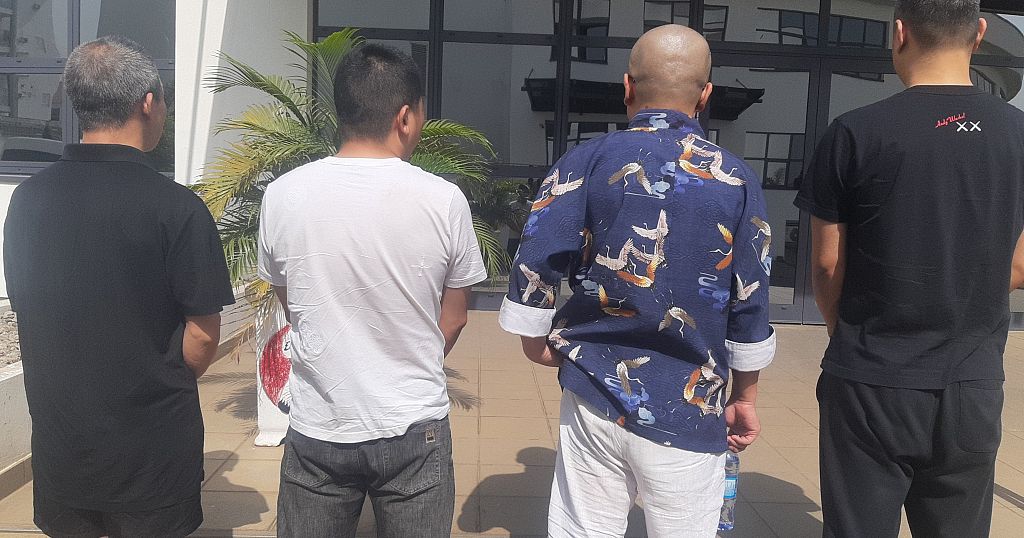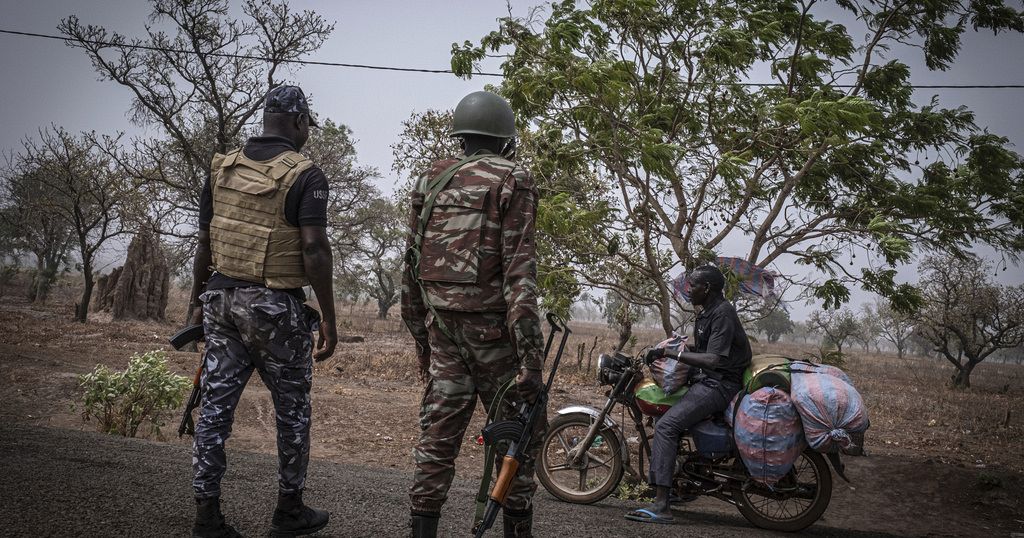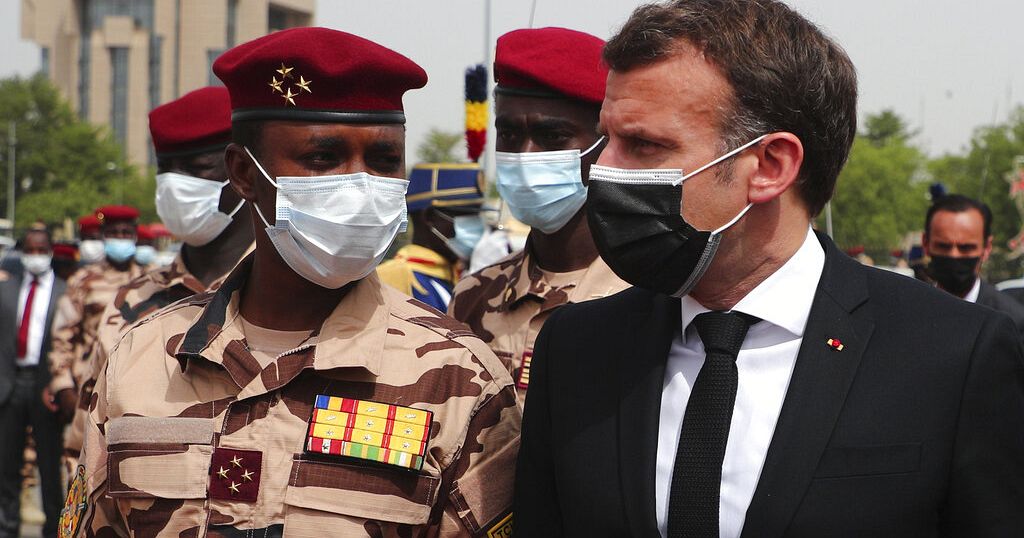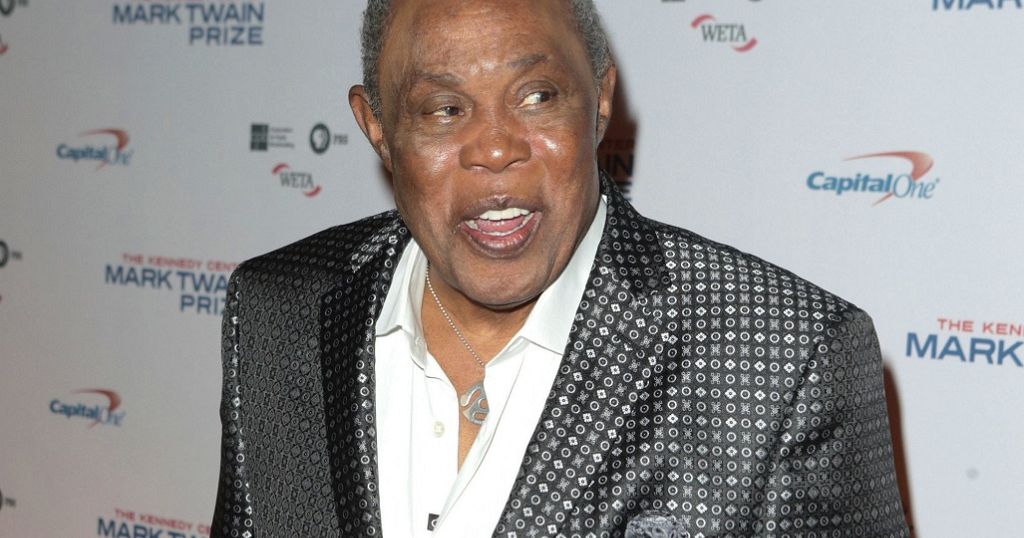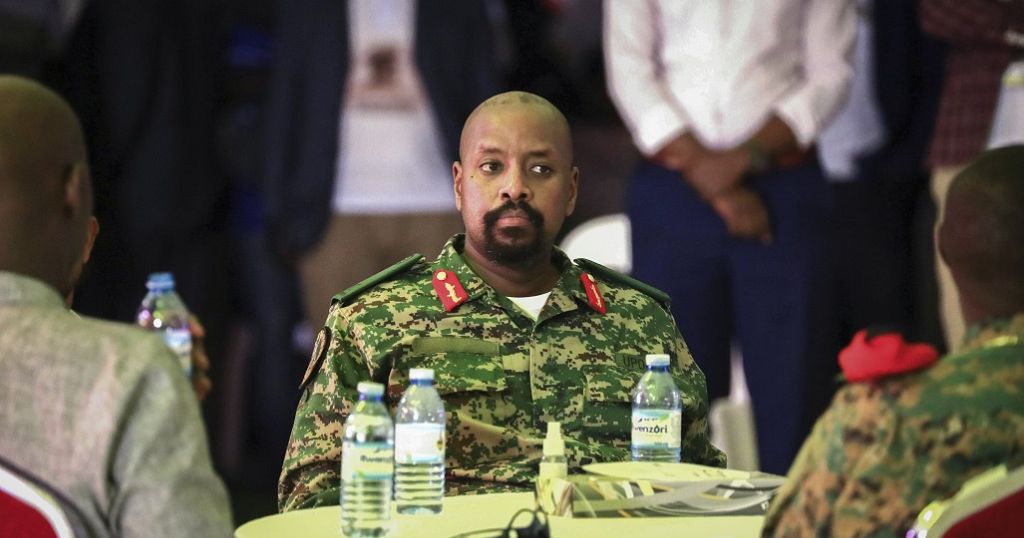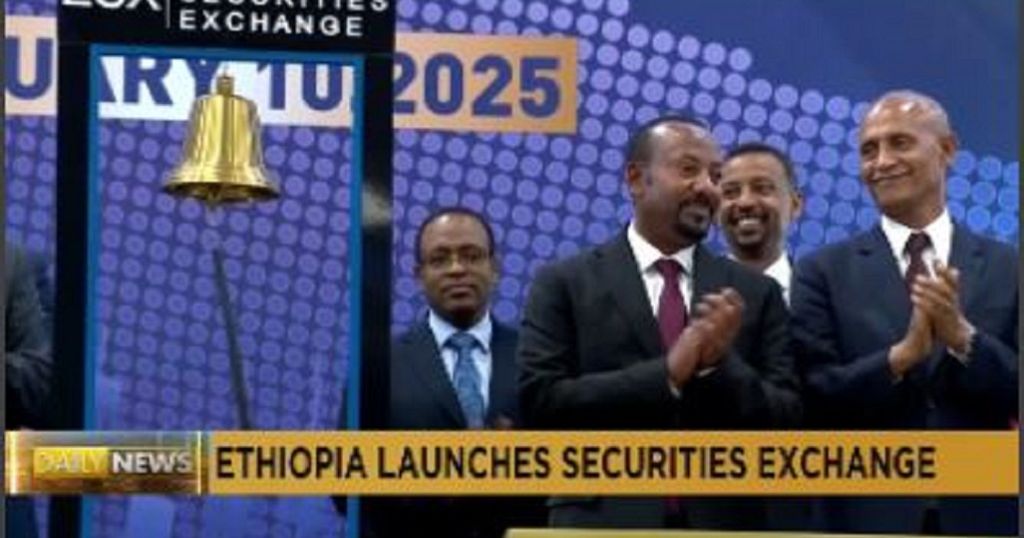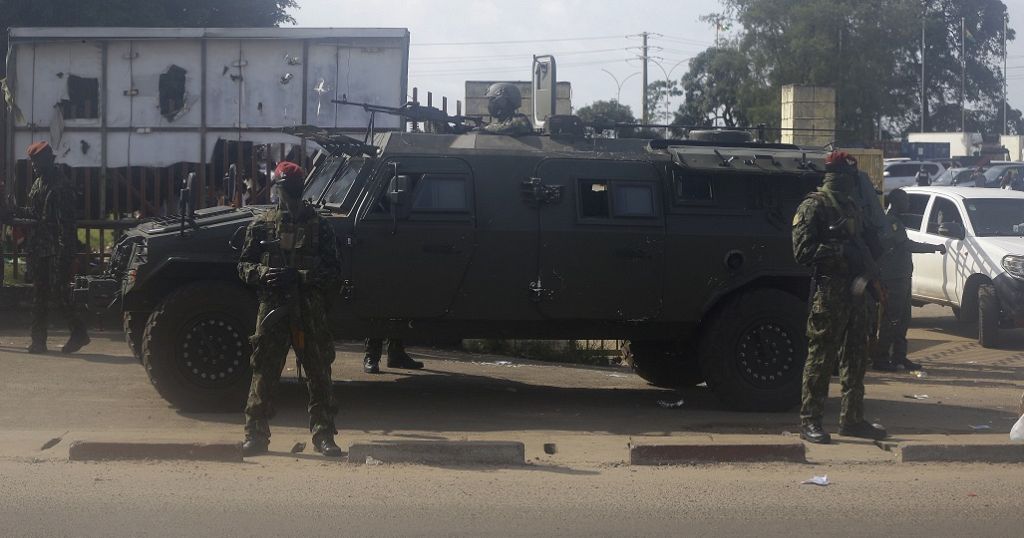Congo army reclaims key areas from M23 rebels
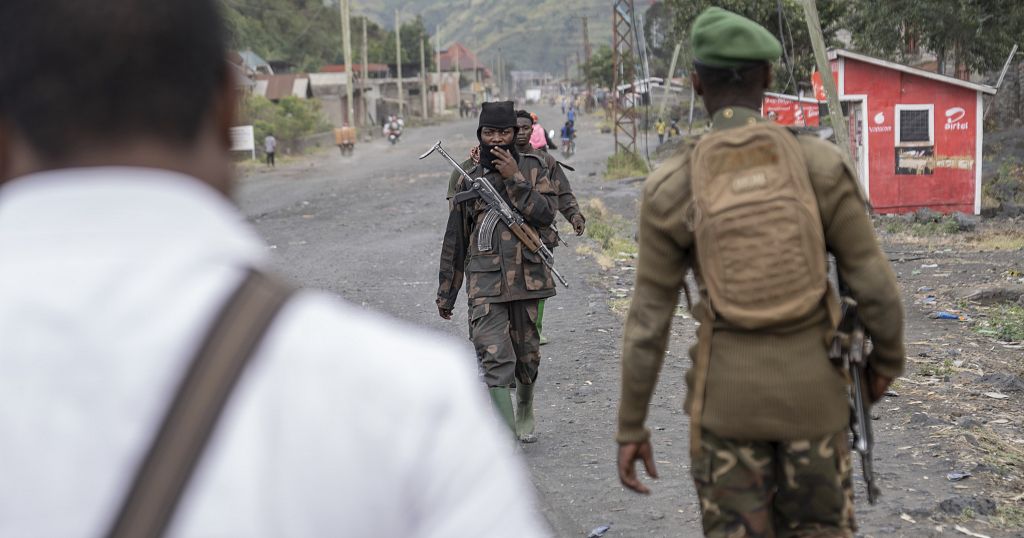
Amid escalating violence in the eastern regions of the Democratic Republic of Congo (DRC), the Congolese army has announced significant military gains against the M23 rebel group. Over the weekend, the Congolese military reported that it had successfully pushed back M23 forces from South Kivu and recaptured several key towns in both North and South Kivu provinces.
Guillaume Ndjike Kaiko, a spokesperson for the Congolese army, confirmed these developments in a statement to the press. He emphasised that the military had regained control of multiple localities that had been under M23’s occupation.
“It’s true that we are observing the ceasefire. But at least, (civilians) should be assured that each time the Rwandan army fires on our positions or on our population or on displaced people, the armed forces of the Democratic Republic of Congo have the right to react.”
Kaiko’s comments come amid heightened tensions in the region, where fighting between the Congolese army and the M23 rebels has intensified over the past several weeks. The M23, a predominantly Tutsi rebel group, first emerged in 2012 and briefly seized the city of Goma, which lies on the border with Rwanda. The group’s name derives from a peace agreement signed in March 2009, which M23 claims the Congolese government failed to implement.
After a period of dormancy, the M23 re-emerged in late 2021, quickly advancing and capturing large swathes of territory in eastern Congo. The United Nations has accused Rwanda of supporting the M23 rebels, a claim that Rwanda has consistently denied. In response to the ongoing conflict, Rwandan President Paul Kagame recently called for negotiations between the Congolese government and the M23 rebels, urging a peaceful resolution to the crisis.
The United Nations’ allegations, raised in a report last year, suggest that thousands of Rwandan soldiers have been fighting alongside M23 forces in eastern Congo. However, Rwanda has rejected these claims, maintaining that it only provides humanitarian assistance to the region and has no involvement in the fighting.
As the conflict continues to evolve, the international community remains concerned about the humanitarian impact of the violence, particularly on the hundreds of thousands of displaced people caught in the crossfire. The DRC government insists that its military will continue to defend the nation’s sovereignty and protect its citizens from external threats.
Source: Africanews


